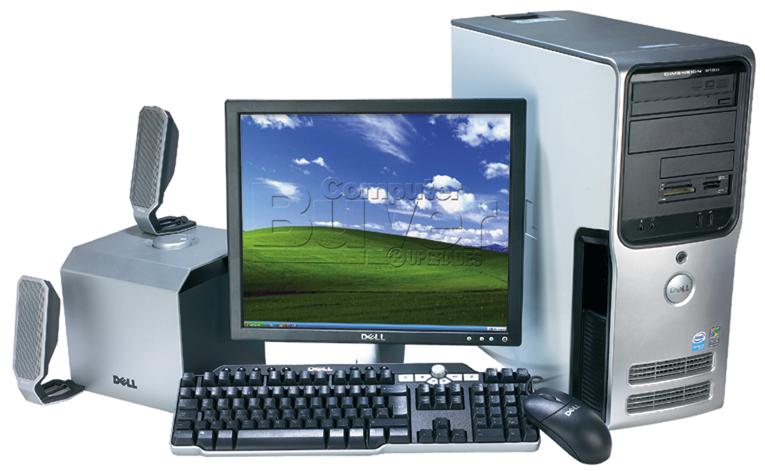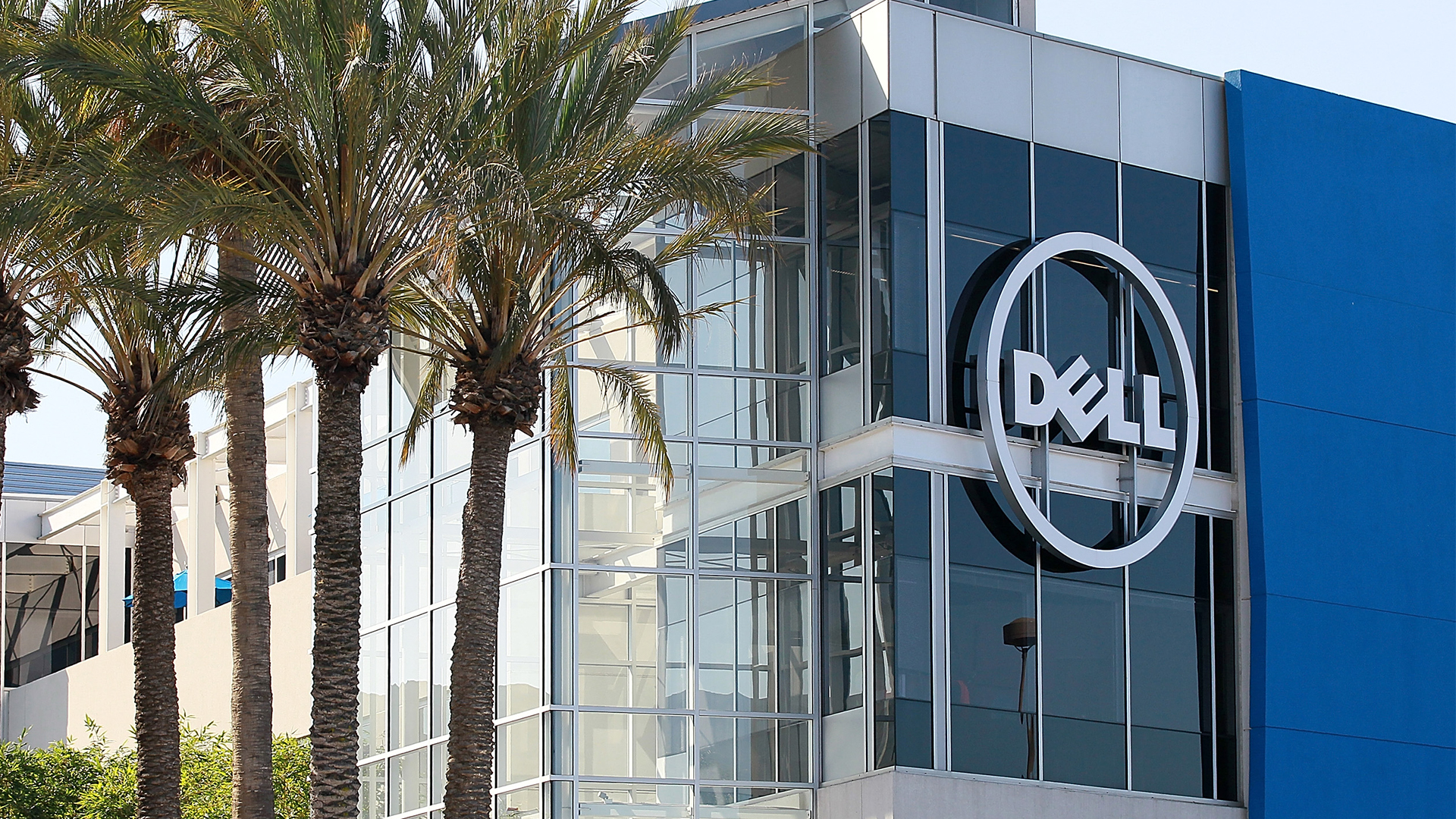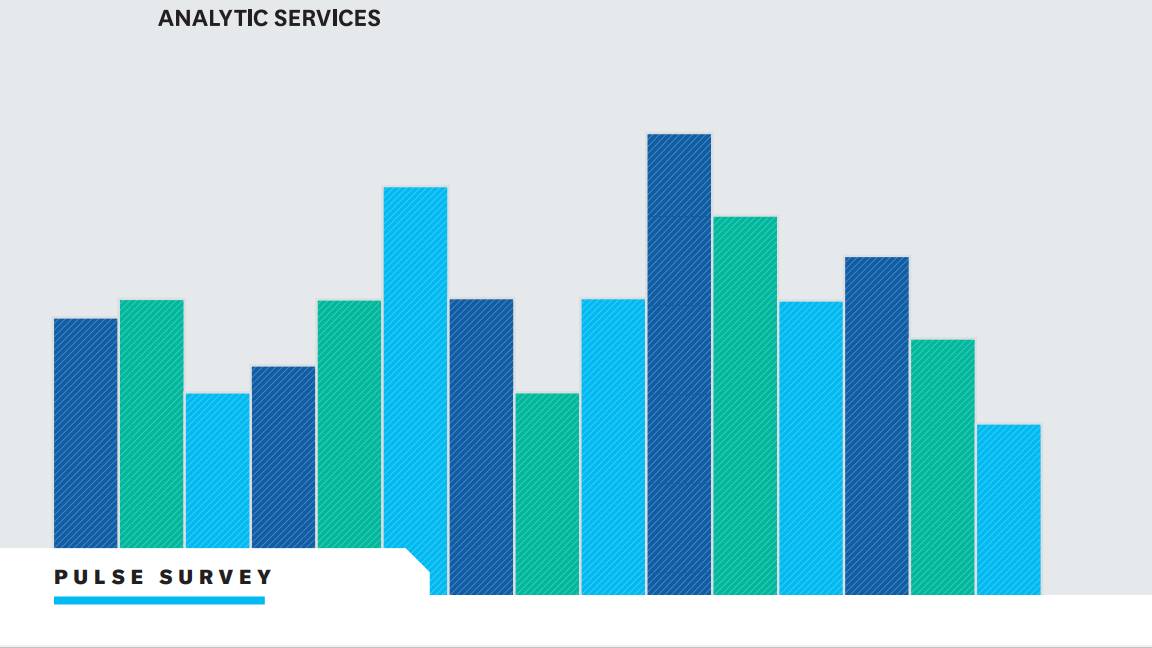PC power to increase a million-fold
Fujitsu Siemens predicts that within 25 years, the average computer will be running at three petahertz and feature 100,000 cores or more.

The desktop PC of 2033 will be a Goliath beast, according to Fujitsu Siemens Computers.
The IT manufacturer has predicted that the current rates of development in computing systems will see the power of a desktop PC increase a million-fold.
Fujitsu Siemens Computers is foreseeing a growth in available bandwidth by 200,000 times over the next 25 years.
Senior technology strategist at Fujitsu Siemens Computers Dave Pritchard believes that computers in 2033 will be vastly different to their modern day contemporaries and will take on a multitude of customised portable forms.
"A quarter of a century on, PCs will have taken on many different shapes and sizes," he said. "The ordinary PC will be running at the equivalent of three petahertz, it'll have 100,000 cores or more, a petabyte of memory, half an exabyte of storage and connect to the internet with a bandwidth of over a quarter of a terabyte."
Fujitsu Siemens Computers also said that PCs may alert and 'talk' to their users. The IT manufacturer said it is conceivable that in a quarter of a century people will be using small electronic implants that enable the computer to alert them to the arrival of important new information through some form of physical or mental stimulation.
"We may also see more advanced sensory devices that enable you to control the computer just by 'thinking' the commands. This may seem far-fetched at the moment but the technology is already being developed and has been proven to work. It will simply be a matter of training your mind to work in that way," Pritchard said.
Get the ITPro daily newsletter
Sign up today and you will receive a free copy of our Future Focus 2025 report - the leading guidance on AI, cybersecurity and other IT challenges as per 700+ senior executives
"IT technology is still in its infancy, and if likened to the development of mankind, we have yet to discover fire. Discovering fire will be the point at which computer systems start to think for themselves, once this happens we will see an even greater increase in the speed of development," Pritchard added.
-
 Cleo attack victim list grows as Hertz confirms customer data stolen
Cleo attack victim list grows as Hertz confirms customer data stolenNews Hertz has confirmed it suffered a data breach as a result of the Cleo zero-day vulnerability in late 2024, with the car rental giant warning that customer data was stolen.
By Ross Kelly
-
 Lateral moves in tech: Why leaders should support employee mobility
Lateral moves in tech: Why leaders should support employee mobilityIn-depth Encouraging staff to switch roles can have long-term benefits for skills in the tech sector
By Keri Allan
-
 Predicts 2024: Sustainability reshapes IT sourcing and procurement
Predicts 2024: Sustainability reshapes IT sourcing and procurementwhitepaper Take the following actions to realize environmental sustainability
By ITPro
-
 Advance sustainability and energy efficiency in the era of GenAI
Advance sustainability and energy efficiency in the era of GenAIwhitepaper Take a future-ready approach with Dell Technologies and Intel
By ITPro
-
 2024 State of procurement report
2024 State of procurement reportWhitepaper The trends shaping the future of business buying
By ITPro
-
 Digital optimisation paves the way to strategic supplier management
Digital optimisation paves the way to strategic supplier managementWhitepaper Procurement’s role as a strategic driver
By ITPro
-
 Bringing order to the file management chaos plaguing AEC firms
Bringing order to the file management chaos plaguing AEC firmswhitepaper How a cloud-based solution, supported by edge technology, helps architecture, engineering, and construction firms boost performance and cut costs
By ITPro
-
 File data services to support modern manufacturing
File data services to support modern manufacturingwhitepaper Smart file data services deliver resilience and intelligence to the modern manufacturing organization
By ITPro
-
 Innovation in product development
Innovation in product developmentwhitepaper The latest data on how successful product development teams collaborate to build the future
By ITPro
-
 The small and medium business guide to buying
The small and medium business guide to buyingWhitepaper Optimising purchasing to save in 2024
By ITPro